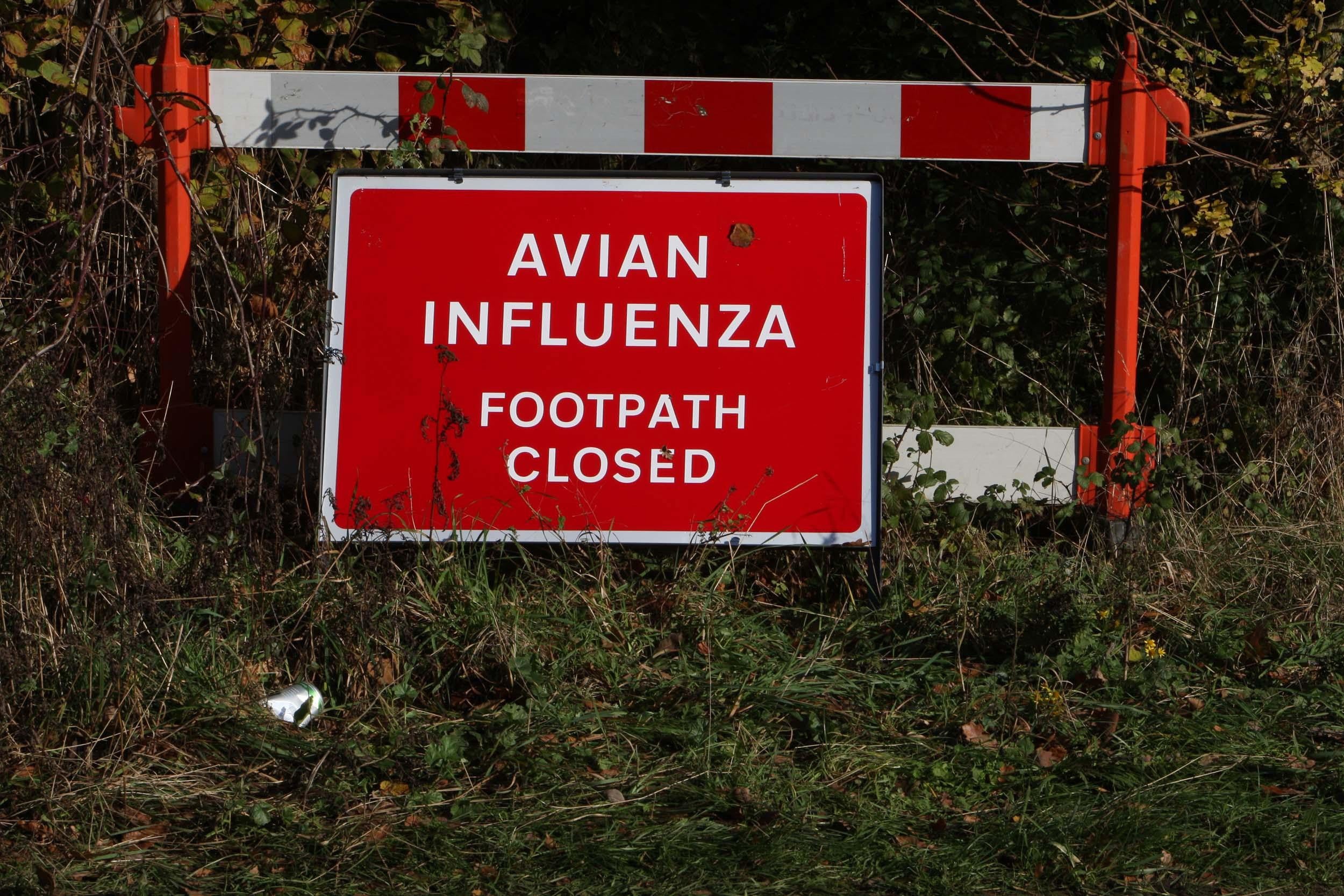Second suspected case of bird flu identified in flock in Northern Ireland
It was discovered in backyard flock in Broughshane, Co Antrim, and disease control measures have been put in place.

Your support helps us to tell the story
From reproductive rights to climate change to Big Tech, The Independent is on the ground when the story is developing. Whether it's investigating the financials of Elon Musk's pro-Trump PAC or producing our latest documentary, 'The A Word', which shines a light on the American women fighting for reproductive rights, we know how important it is to parse out the facts from the messaging.
At such a critical moment in US history, we need reporters on the ground. Your donation allows us to keep sending journalists to speak to both sides of the story.
The Independent is trusted by Americans across the entire political spectrum. And unlike many other quality news outlets, we choose not to lock Americans out of our reporting and analysis with paywalls. We believe quality journalism should be available to everyone, paid for by those who can afford it.
Your support makes all the difference.A second suspected case of bird flu has been identified in a flock in Northern Ireland the Department of Agriculture has confirmed.
It was discovered in backyard flock in Broughshane Co Antrim, and disease control measures have been put in place.
It is the second suspected case this week, after one was identified on a Tyrone farm, leading to the culling of 27,000 ducks.
Chief veterinary officer Dr Robert Huey said a “humane culling” of the affected birds would take place as a result of the newly identified case.
“Due to the clinical signs and preliminary results provided by the Agri-Food and Biosciences Institute (AFBI) disease control measures have been put in place in Broughshane, including the humane culling of the affected birds (approx 30) and the introduction of Temporary Control Zones (TCZ) to mitigate for onward disease spread” he said.
“Whilst the first suspected case is in a large commercial site, this one has affected a hobby flock keeper, with some of the birds considered family pets – that indicates just how vulnerable our flocks are to incursion, no matter their size.
“There is no doubt this is an extremely difficult and upsetting experience for both flock keepers, and we do not want this to affect anyone else or to have to cull any more birds.
“I am urging commercial keepers of large flocks, as well as those with even just one pet bird, to strictly adhere to the biosecurity measures in place.
“The measures are there to first and foremost protect your flocks, but also to protect your business and to protect you from the devastation of having your flock culled.”
Dr Huey continued: “Samples have been sent to the National Reference Laboratory to confirm pathogenicity of the strain detected.
“Should highly pathogenic AI be confirmed, these TCZs will be revoked and a 3 kilometre Protection Zone and 10 kilometre Surveillance Zone established.”
Members of the public are encouraged to report dead waterfowl (swans, geese or ducks) or gulls, or five or more dead wild birds of other species in the same location, to the Department of Agriculture helpline on 0300 200 7840.